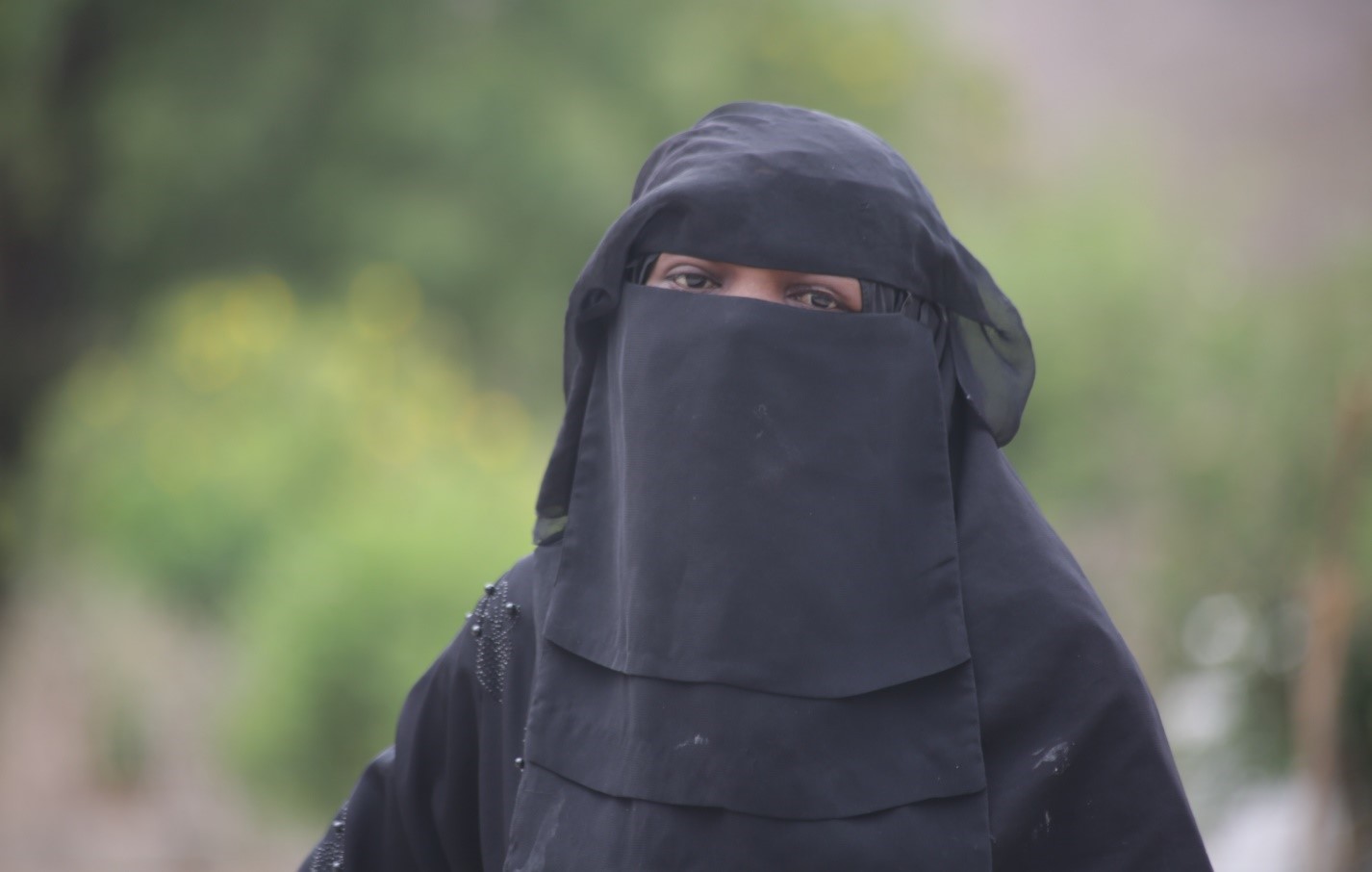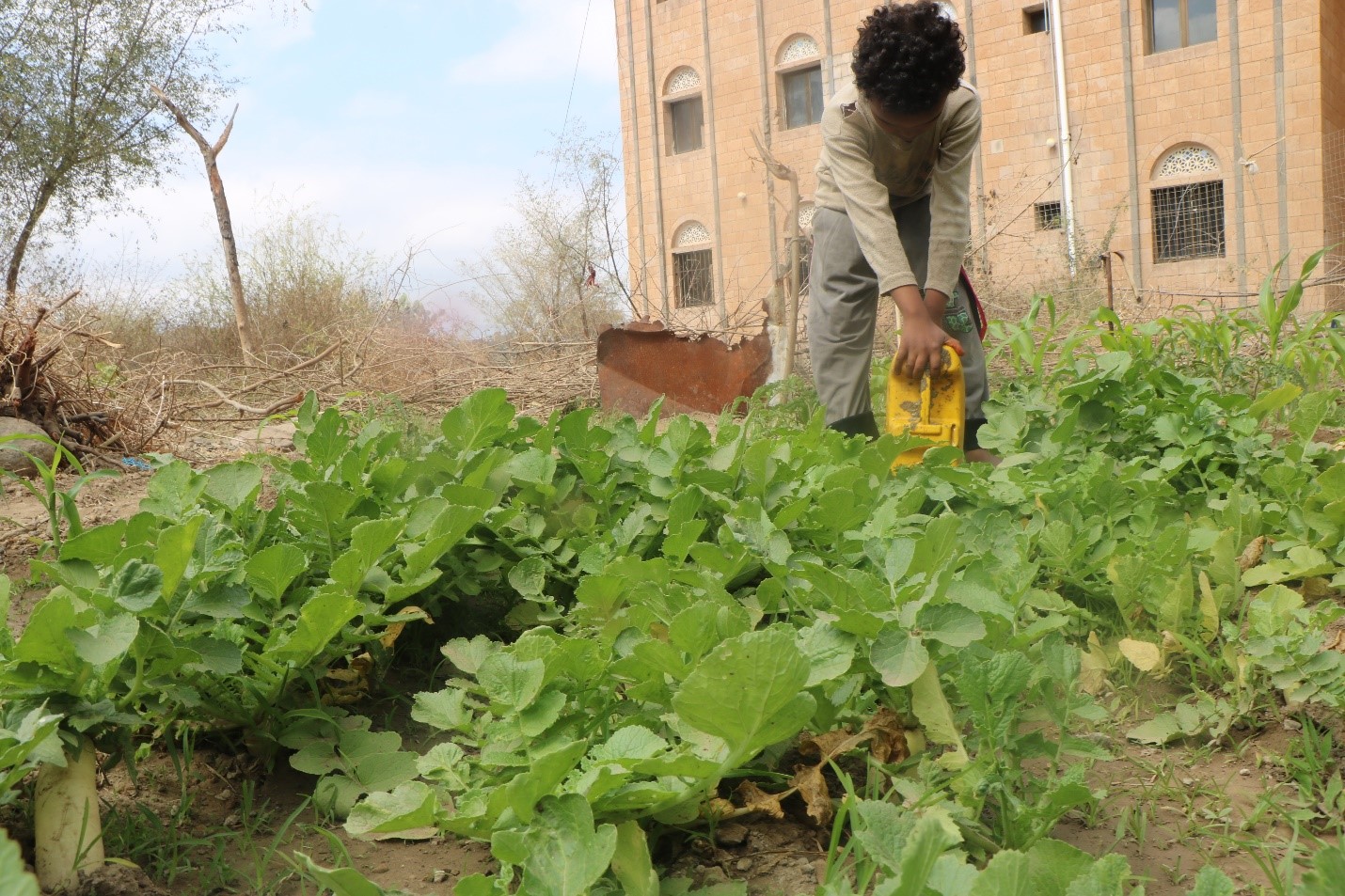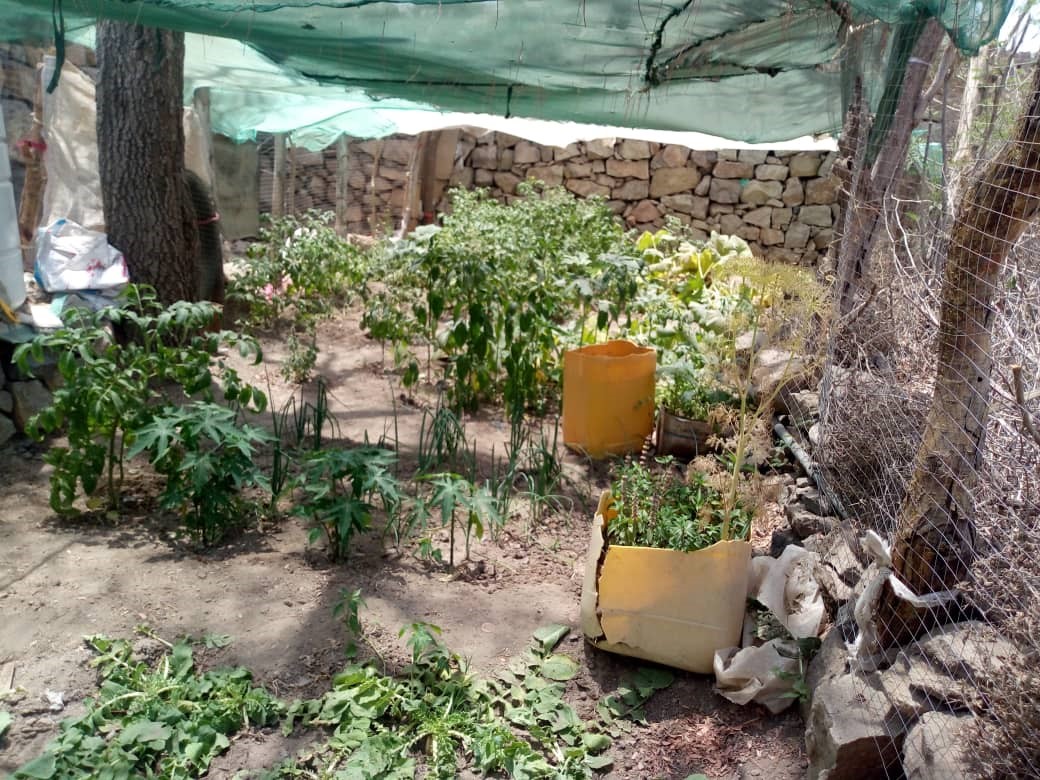Yemen has the fourth-highest level of internal displacement in the world. More than 4 million people have been displaced since 2015, including 172,000 who fled their homes in 2020. Most internally displaced persons (IDPs) in Yemen have been living in internal displacement for more than two years. Many IDPs have fled multiple times, further straining their already fragile resources and exacerbating existing vulnerabilities.
More than 70% of IDPs in Yemen are women and children, and around 30% of displaced households are headed by females. Although most IDPs are hosted within communities, nearly 1 million IDPs live in 1,589 camps and informal settlements. Food security assessments confirm that IDP households face higher food insecurity levels compared to non-displaced households.
Rawdah is a 37-year-old mother of three children who fled from Al Hodeidah coastal city to Ibb governorate when the conflict erupted in Yemen in 2015. She lives with her family in a small room in Al Udayn district of Ibb’s governorate. Her husband works for daily wages to provide one meal only for his children.


